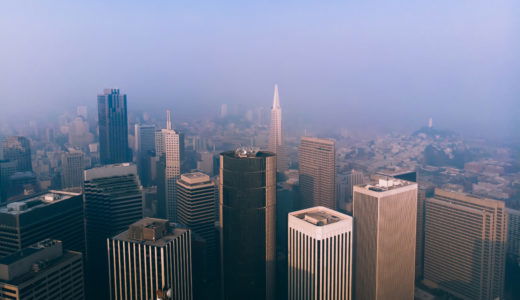California’s Supreme Court Holds that Employees Have No Expectation of Privacy where Employer Secretly Videotaped Their Workplace
In an August 2009 decision, California’s Supreme Court held that an employer may secretly videotape its employee’s workspace without notifying the employees in advance and that this conduct does not invade the employee’s reasonable expectation of privacy. (Hernandez v. Hillsides, Inc. (2009) 97 Cal. Rptr. 3d 274)
The employer, Hillsides Children Center provided residential facilities for neglected and abused children, learned that some of its computers had been used to access pornographic websites during late night and early morning hours. Although the plaintiffs, Abigail Hernandez and Maria-Jose Lopez, were not suspected of the illicit activity, their director set up a hidden camera in plaintiffs’ office. The camera was activated at night when the plaintiffs left work and was turned off before they returned the next day, and the surveillance lasted about three weeks. Notably, no inappropriate conduct was found during the surveillance and no suspect was caught. However when the plaintiffs discovered the hidden camera, they sued Hillsides for invasion of privacy and infliction of emotional distress.
The Court examined the extensive history of workplace privacy issues and prior case decisions which have held that (1) there must be a reasonable expectation of privacy which was invaded by the conduct, and (2) the conduct must be sufficiently serious or offensive as to breach social norms.
Under the facts presented, the Supreme Court first noted that the plaintiffs did have a reasonable expectation of privacy in their workspace even though they shared an office, other employees had frequent access to the office, and that the inside of the office could be viewed from the hallway. Nonetheless, the Court was more attuned to the second prong – that the videotaping was narrowly limited in place, time, and scope, was based on legitimate business concerns, and that the plaintiffs were never actually videotaped during working hours.
Interestingly, the Court did not require that employer use the least intrusive means to curtail the alleged conduct. As noted in the decision, the employer could have stopped the pornographic website viewing by simply requiring all employees to log off of their computers at the end of the day. But, more importantly, the Court did not suddenly open the door for employers to secretly videotape employees: “Nothing we say here is meant to encourage such surveillance measures, particularly in the absence of adequate notice to persons within camera range that their actions may be viewed and taped.”
This decision provides a cautionary tale for both employers and employees. California employers must be very careful in deciding to monitor their employees’ activities where there is no legitimate business need. California employees can still take heart that even in a private place of business they have reasonable expectation of privacy in their workspace and may not be arbitrarily monitored by their employer.
Read more
Gender Discrimination in Tech: A Fremont Woman’s Fight Against Amazon
In today’s tech-driven world, companies often pledge their commitment to diversity and inclusion, proudly showcasing their efforts to create an equitable workplace. However, the reality for many employees can be starkly different….
Pair of Lawsuits Expose Alleged Misconduct at Bay Area Air Quality Management District
Workplaces are meant to make everyone feel safe, valued and respected regardless of their background. Unfortunately, this is not always the case. Discrimination and harassment can create toxic work environments, leading to…
Oakland Restaurant Owes $105,000 to Former Employees for Service Charge Violations
The restaurant industry can be a hotbed for many kinds of wage theft that affect workers. An Oakland fine-dining restaurant was recently found to be on the hook for more than $105,000…
New Law Protects California Workers From Defamation Claims When Reporting Sexual Harassment or Discrimination
Workers experiencing sexual harassment or discrimination often fear speaking up due to potential repercussions. They may face various forms of retaliation, such as unwarranted disciplinary action, negative performance reviews, pay cuts, termination,…
SEEN ON






